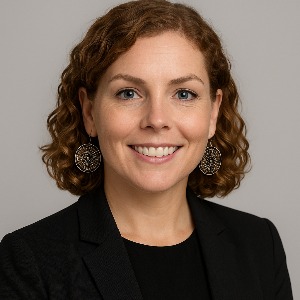Title : Evaluating holistic care: The kafika house model of residential care and therapies for children with correctable disabilities in Tanzania
Abstract:
Many children in Tanzania and across Africa are living with treatable disabilities; conditions such as clubfoot, fluorosis, burn scar contractures, and cleft lip and palate create physical limitations and social stigma. Kafika house provides comprehensive, holistic care in a unique residential environment in which an expert interprofessional team delivers occupational and physiotherapies, nursing interventions, psychosocial care and nutritional support.
A Kafika journey can be long in both physical distances (across the country) and in the duration of treatments. From their first engagement (either at Kafika House or at home through our community outreach programme), during their preparation for surgery, hospital admission and post operative management to discharge home and follow ups, Kafika house children and their families are supported to achieve their physical goals and return to their homes.
The research team conducted a review of internationally published, peer-reviewed literature to accurately define and identify the key components of holistic care. The Kafika House researchers and the external reviewers collaborated to identify relevant information sources to measure performance in each field. The evaluation of the care service was conducted by individuals with skills, knowledge and experience in disability healthcare, and were independent to the Kafika House organisation to facilitate impartial review. The Kafika House model demonstrates that low-cost, high-impact interventions rooted in strong community partnerships can deliver measurable, sustainable outcomes and transform lives. Scaling this approach offers a pathway to address surgical disability more effectively across underserved regions.




